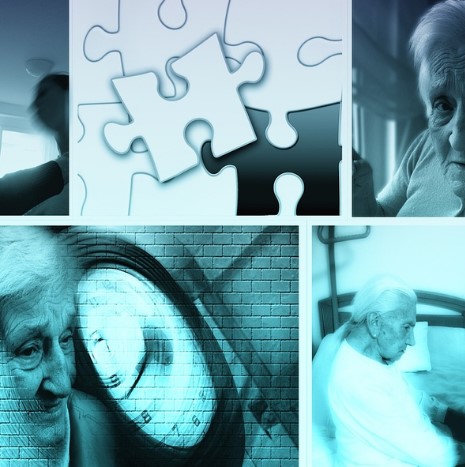
Disappointment in love
Disappointment in love, whether it is caused by a break-up, infidelity, betrayal or one-sided love, is always painful. When they are repeated, the consequences for the person experiencing them can be destructive. Tired of being disappointed in love? Wondering why it always happens to you? Here are some tips to help you avoid further romantic disappointments.
Repeated disappointments in love: what consequences?
We speak of disappointment in love when we suffer a heavy disillusionment from the person we love. Break-up, betrayal, unrequited love, adultery... The causes of disappointments in love are multiple. But the consequences are often the same: suffering and the impression of having been duped. When disappointments in love are repeated, self-confidence and self-esteem take a hit. The future of love for people who have experienced repeated disappointments in love is then fragile because their vision of love has been damaged.
Why does the same pattern keep repeating itself?
Some disappointments in love are inevitable. They are beneficial in the sense that they teach us more about love and about ourselves. On the other hand, when they are almost systematic, it is problematic because they weaken us. Rather than moping around saying that you'll never have a chance at love, try to understand why you keep repeating the same patterns. There are several reasons for repeated disappointments in love:
- You idealise the other person too much, right from the start of the relationship. It is normal to idealise your partner and your relationship in the beginning. But be careful, keep your feet on the ground. Keep in mind that in a relationship there are ups and downs and that the other person is not perfect. The more you idealise, the harder the fall will be in case of conflict, or even break-up.
- You are looking for what you have always known in love. The fact that you have had many disappointments in love can be linked to your childhood. If as a child you were used to complicated or even toxic family relationships, there is a risk that you will look for similar characteristics in your partner to the people who loved you from the beginning of your life. Our unconscious mind pushes us to go towards what we know. If you have not experienced healthy relationships in the past, you will not go to the right people because you do not know that it is possible to love and be loved differently.
How to avoid disappointment in love?
Fortunately, it is possible to recover from a disappointment in love but also to protect yourself for the future.
By having self-confidence
It is normal to have doubts about yourself after a disappointment in love, but the pain should not overwhelm you for too long. Once you have gone through the mourning phase, it is important to do everything you can to avoid further disappointments. How can you do this? By regaining your self-confidence! Self-confidence and self-esteem are two essential elements in maintaining healthy relationships. You know what you want and what you don't want in a relationship. Also, you are able to spot potentially toxic people and run away from them. Because toxic personalities most often prey on people with low self-esteem. After a disappointment in love, take the time to think about what you need to develop yourself, highlight your best assets, go out to meet new people without necessarily thinking about getting back together as soon as possible and try new things (new sports activities, new travel destinations...). By loving yourself, you give off a positive image of yourself, which others like.
By learning from your mistakes
"Everything that doesn't rise to consciousness comes back as fate," said the famous psychologist Carl Gustav Jung. If you don't learn from your mistakes, you will repeat them again and again. After several disappointments in love, it is necessary to take stock of those relationships that did not work out and to become aware of the causes of these failures. Make a list of things you no longer want in future relationships. This will allow you to avoid going back to profiles that have disappointed you in the past. Disappointments in love hurt, but at least they help us to clarify our expectations in love.





